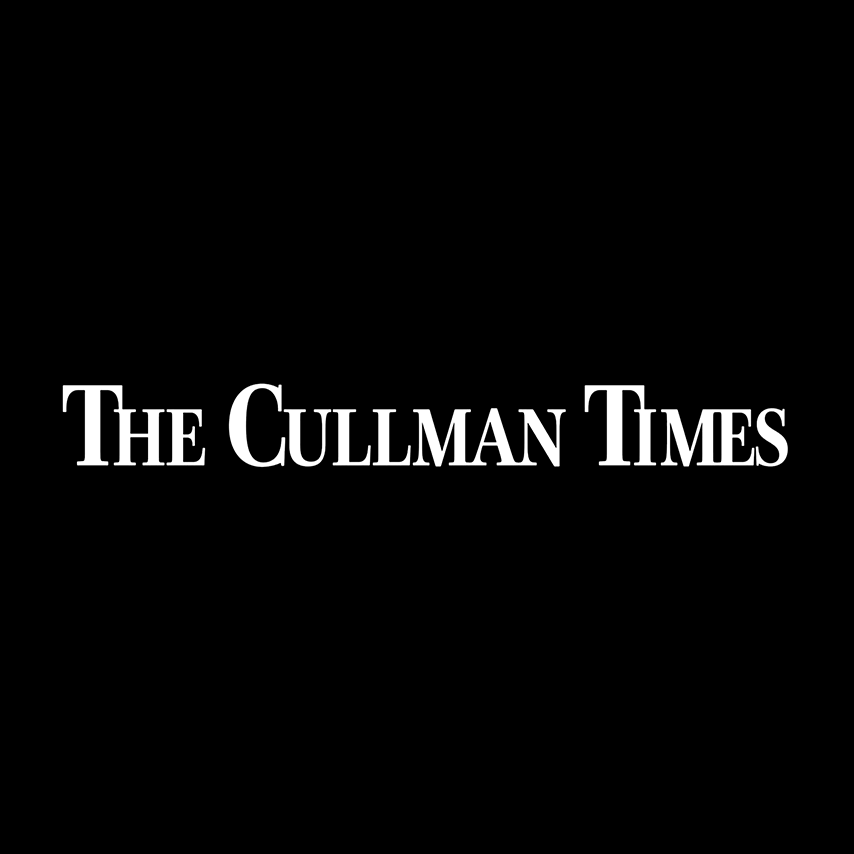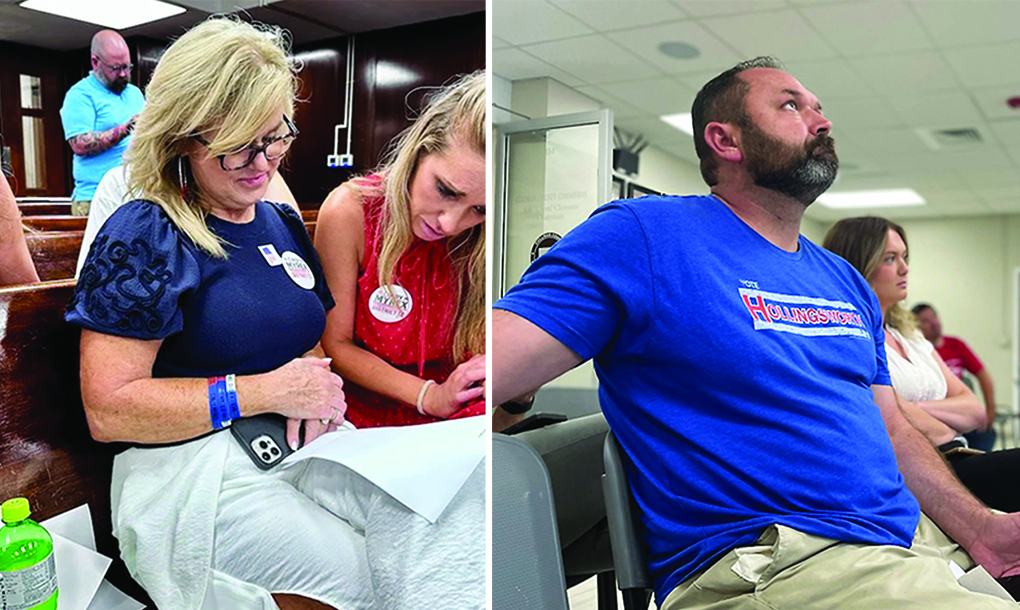Americans hold dimmest view on economic outlook in five months
Published 1:23 pm Sunday, August 10, 2014
The fewest Americans in five months said the economy was improving in June, signaling the slowdown in employment is seeping into consumer psychology.
Trending
The share of households viewing the economy as heading in the right direction fell to 22 percent this month, the lowest since January, pushing the Bloomberg monthly expectations gauge to minus 11 from minus 1 in May. The weekly Bloomberg Consumer Comfort Index was minus 37.9 in the period ended June 17, down from a four-week high of minus 36.4.
“The steady drip of dreary economic data and deteriorating labor market is reshaping public expectations,” said Bloomberg LP senior economist Joseph Brusuelas in New York. The decline “will likely result in slower spending, which in turn will likely have an adverse impact on business confidence.”
Growing pessimism raises the odds that retailers will continue to see demand cool after sales dropped over the past two months. Federal Reserve policymakers said Wednesday they will expand a program aimed at reducing long-term interest rates in a bid to spur the world’s largest economy after lowering their outlook for growth and employment.
Another report Thursday showed more Americans than forecast filed applications for unemployment benefits last week, indicating the labor market continues to struggle.
Jobless claims decreased by 2,000 to 387,000 in the week ended June 16, according to data from the Labor Department. The median forecast of 45 economists surveyed by Bloomberg News called for 383,000. The four-week average, a less volatile measure, climbed to the highest of the year.
The Fed said Wednesday it will expand its program to replace short-term Treasury securities with longer-term debt by $267 billion through the end of 2012. Central bankers also said they were “prepared to take further action as appropriate to promote a stronger economic recovery and sustain improvement in labor market conditions in a context of price stability.”
Trending
The slump in expectations this month was led by households living in the western U.S. and by registered Democrats, Thursday’s report showed.
All three components of the weekly comfort declined. The index of the state of the national economy dropped to minus 69.8 from minus 65.7, and the personal finance gauge was at minus 2.3 percent compared with minus 2 the prior week. The gauge of whether consumers consider it a good time to buy was little changed at minus 41.7 from minus 41.4.
“Consumer views remain in perilous condition,” Gary Langer, president of Langer Research Associates in New York, which compiles the index for Bloomberg, said in a statement. “Still, the index may finish the second quarter slightly ahead of its first, and certainly well ahead of the dreadful fourth quarter of 2011.”
The index averaged minus 49.9 in the last three months of 2011, and minus 40.5 in this year’s first quarter.
Waning employment gains have probably contributed to the decrease in optimism. Job openings were at a five-month low in April, and the jobless rate rose to 8.2 percent in May, according to figures from the Labor Department. A slump in income and employment may be among reasons households confidence has slid even as gasoline prices have fallen to their lowest since February.
Retail sales fell 0.2 percent for a second month in May, data from the Commerce Department showed last week. The smallest wage gain in a year may be taking a toll on consumer spending. The hit may leave companies more vulnerable to shocks from the European crisis.
Procter & Gamble Co., the world’s largest consumer-goods company, reduced its earnings and revenue forecasts Wednesday for the second time in three months, hurt by slowing sales growth in Europe and the United States. The reduction by the maker of Tide washing detergent and Gillette razors illustrates the difficulties faced by consumer-products makers as rising unemployment in Europe and North America restricts spending.
Thursday’s confidence report showed the drop in gasoline prices is providing little relief to lower-income earners. Sentiment among families making from $25,000 to $39,900 slid to minus 39 from minus 32.3 the previous week. The gauge for those earning between $15,000 and $24,500 also took a hit, falling to minus 79.3, the lowest level of the year, from minus 73.9.
“The lower income earners have really turned sour, suggesting that they are the cohort likely losing jobs and partially explains why they have not responded favorably to the drop in gasoline prices,” Brusuelas said. The Bloomberg buying- climate gauge moves in the same direction as inflation-adjusted consumer spending about 70 percent of the time on a quarterly basis, according to his calculations.
The Bloomberg Consumer Comfort Index is based on responses to telephone interviews with a random sample of 1,000 consumers 18 years old and older. Each week, 250 respondents are asked for their views on the economy, personal finances and buying climate; the percentage of negative responses is subtracted from the share of positive views and divided by three. The most recent reading is based on the average of responses over the previous four weeks.
The comfort index can range from 100, indicating every participant in the survey had a positive response to all three components, to minus 100, signaling all views were negative. The margin of error for the headline reading is 3 percentage points.






